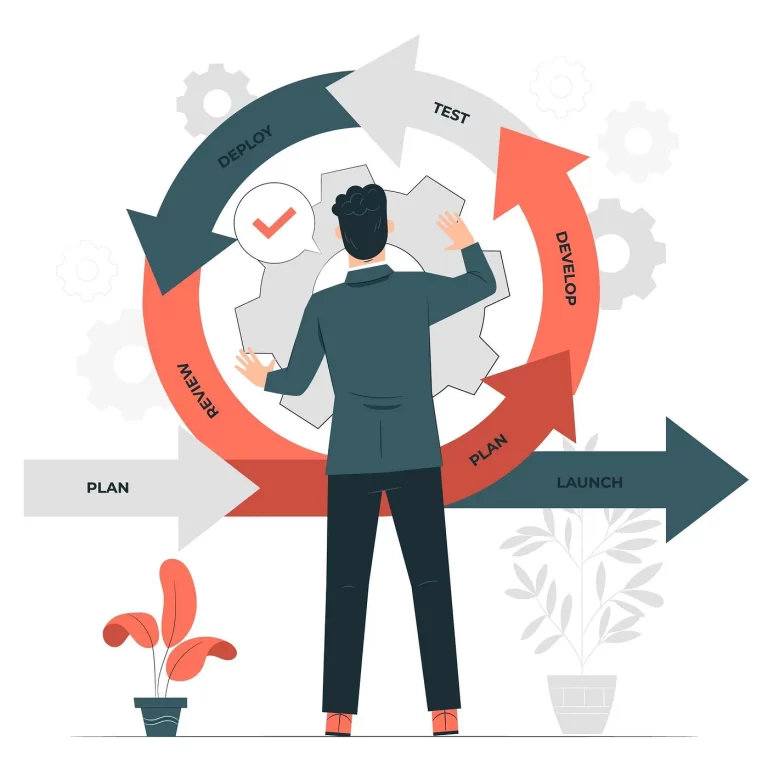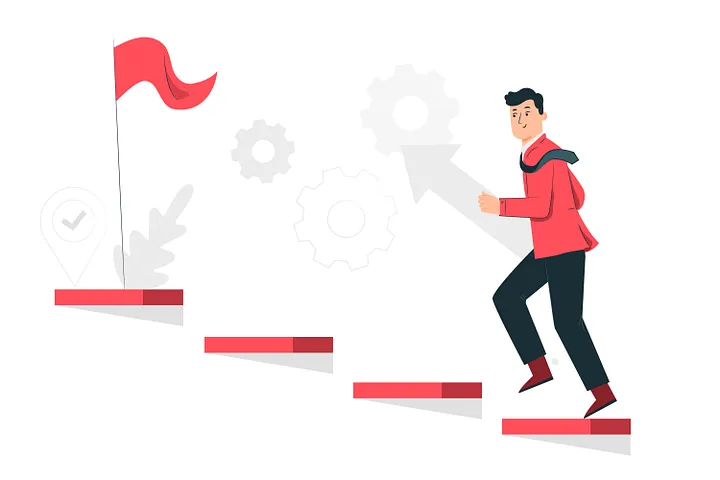The IT industry is a rapidly growing sector that plays a crucial role in the modern economy. IT professionals work in a wide range of areas, including software development, network administration, cybersecurity, and data analysis. They are responsible for designing and implementing technology solutions that help businesses and organizations operate efficiently and effectively.
However, the IT industry is also known for its demanding work culture, where long hours and tight deadlines are the norm. Many IT professionals work under constant pressure to innovate and stay ahead of the competition. This can make it difficult to achieve a healthy life-work balance, as the demands of work can spill over into personal time.
The COVID-19 pandemic has further intensified these challenges, as many IT professionals have had to adjust to working from home and juggling family responsibilities alongside work. This has blurred the boundaries between work and personal life even further, making it even more important to prioritize work-life balance.
Work-life balance is not just important for individual well-being; it also has important implications for organizational success. Studies have shown that employees who have a healthy work-life balance are more productive, creative, and engaged at work. They also have lower levels of absenteeism and turnover, which can help companies save money and maintain a stable workforce.
To promote work-life balance, companies in the IT industry can take a range of actions. For example, they can offer flexible work arrangements such as telecommuting or flextime, which allow employees to work from home or adjust their work schedules to better suit their personal needs. They can also provide resources and support for mental and physical well-being, such as employee assistance programs, health insurance, and fitness classes.
Individual IT professionals can also take steps to improve their work-life balance. This might involve setting boundaries around work hours and creating a dedicated workspace at home to help separate work and personal life. It can also involve taking regular breaks, practicing mindfulness or meditation, and engaging in hobbies or leisure activities that help reduce stress and promote relaxation.
We believe that by prioritizing work-life balance, we can help our employees thrive both personally and professionally. When our employees feel supported and valued, they can bring their best selves to work and contribute to the success of our company.
Let’s work together to prioritize our mental and physical health and find that perfect balance between work and life. At our company, we are committed to creating a work culture that values work-life balance and promotes the wellbeing of our employees.


